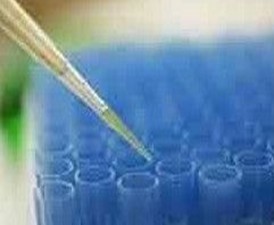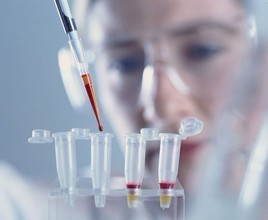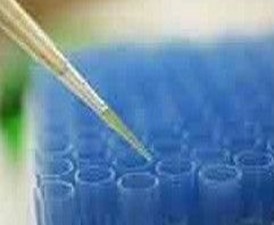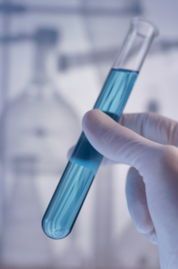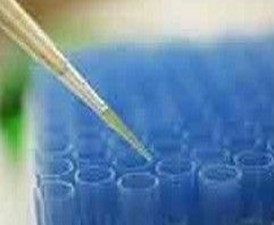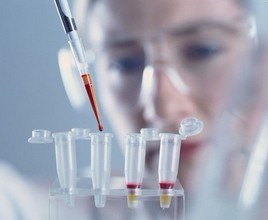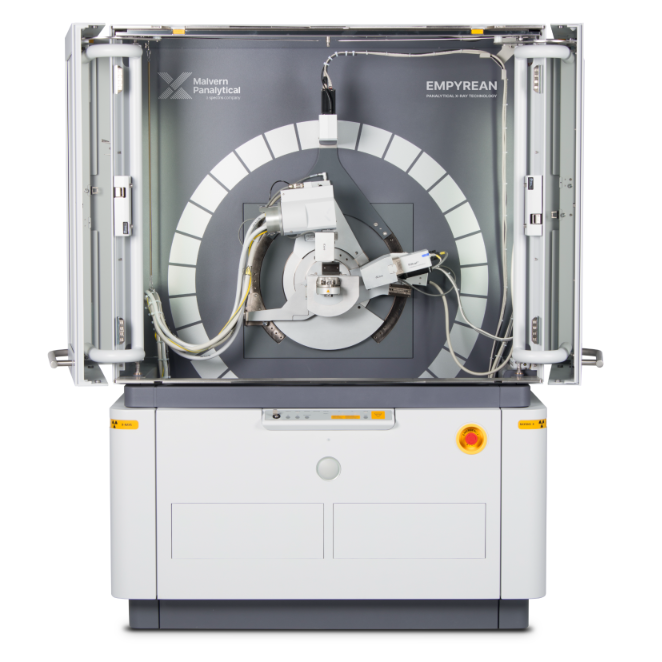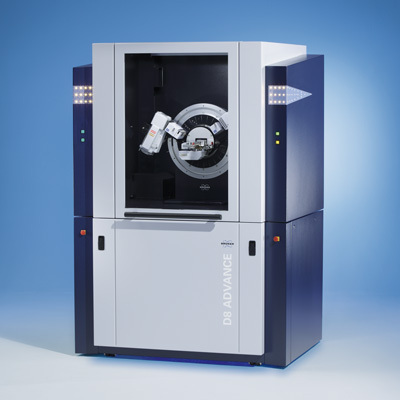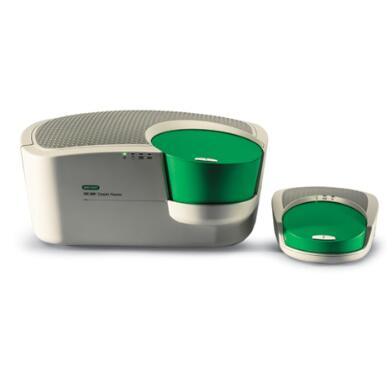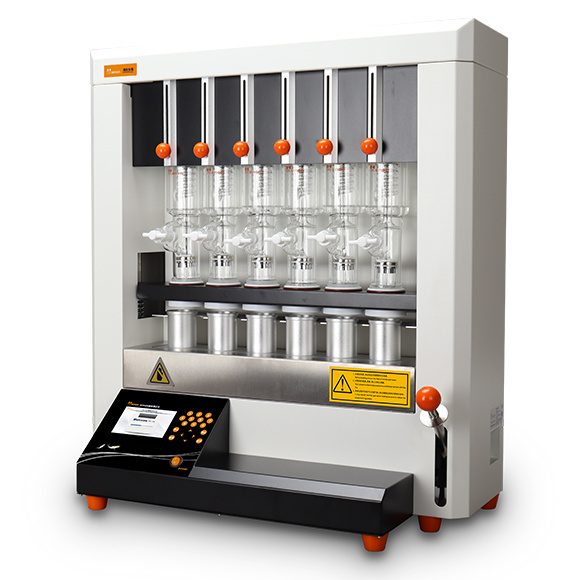我公司是国内最权威的抗体代理商,蛋白酪氨酸磷酸酶CD148抗体价格优惠,蛋白酪氨酸磷酸酶CD148抗体质量保证,欢迎来电订购或咨询在线客服!
英文名称 Anti-PTP/PTPase/CD148
中文名称 蛋白酪氨酸磷酸酶CD148抗体
别 名 receptor-type tyrosine-protein phosphatase eta isoform 1 precursor; Density enhanced phosphatase 1; Protein tyrosine phosphatase eta; CD148; CD148 antigen; Density enhanced phosphatase 1; DEP 1; DEP1; HPTP eta; Human density enhanced phosphatase 1; Protein tyrosine phosphatase eta;Protein tyrosine phosphatase receptor type J; Protein tyrosine phosphatase receptor type J polypeptide; PTPJ; PTPRJ; R PTP Eta; Receptor type tyrosine protein phosphatase eta; SCC1.
浓 度 1mg/1ml
规 格 0.2ml/200μg
抗体来源 Rabbit
克隆类型 polyclonal
交叉反应 Human, Mouse, Rat, Rabbit
产品类型 一抗
研究领域 细胞生物 信号转导 激酶和磷酸酶
蛋白分子量 predicted molecular weight: 147kDa
性 状 Lyophilized or Liquid
蛋白酪氨酸磷酸酶CD148抗体随着国内抗体行业的崛起,我国自主品牌的抗体,都蛮多了,质量也不错,技术在逐渐成熟,价格也比国外的廉价的多,受到国内顾客的热捧,我们公司为了方便客户,特推出阴离子转运蛋白-1抗体规格15ug、30ug、50ug、100ug,15ug和30ug等,我们全国包邮,大中城市免费快递。抗体分子是生物学和医学领域用途最为广泛的蛋白分子。抗体作为疾病预防、诊断和治疗的制剂已有上百年的发展历史。随着生命科学研究的迅猛发展,抗体工程在生物技术领域越来越占有非常重要的地位。我公司可为您提供快速的、高质量的和经济的多克隆抗体制备服务,并将成为您在科研及生产中的得力助手。
免 疫 原 KLH conjugated synthetic peptide derived from human PTPRJ C-terminus
亚 型 IgG
纯化方法 affinity purified by Protein A
储 存 液 0.01M PBS, pH 7.4 with 10 mg/ml BSA and 0.1% Sodium azide
产品应用 WB=1:100-500 ELISA=1:500-1000 IP=1:20-100 IHC-P=1:100-500 IHC-F=1:100-500 Flow-Cyt=1:100-500 IF=1:100-500
(石蜡切片需做抗原修复)
not yet tested in other applications.
optimal dilutions/concentrations should be determined by the end user.
保存条件 Store at -20 °C for one year. Avoid repeated freeze/thaw cycles. The lyophilized antibody is stable at room temperature for at least one month and for greater than a year when kept at -20°C. When reconstituted in sterile pH 7.4 0.01M PBS or diluent of antibody the antibody is stable for at least two weeks at 2-4 °C.
Important Note This product as supplied is intended for research use only, not for use in human, therapeutic or diagnostic applications.
产品介绍 The protein encoded by this gene is a member of the protein tyrosine phosphatase (PTP) family. PTPs are known to be signaling molecules that regulate a variety of cellular processes, including cell growth, differentiation, mitotic cycle, and oncogenic transformation. This PTP possesses an extracellular region containing five fibronectin type III repeats, a single transmembrane region, and a single intracytoplasmic catalytic domain, and thus represents a receptor-type PTP. This protein is present in all hematopoietic lineages, and was shown to negatively regulate T cell receptor signaling possibly through interfering with the phosphorylation of Phospholipase C Gamma 1 and Linker for Activation of T Cells. This protein can also dephosphorylate the PDGF beta receptor, and may be involved in UV-induced signal transduction. Multiple transcript variants encoding different isoforms have been found for this gene. [provided by RefSeq].
Subcellular Location : Cell membrane.
Tissue Specificity : Expressed in the promyelocytic cell line HL60, the granulocyte-macrophage colony-stimulating factor-dependent leukemic cell line F-36P, and the interleukin-3 and erythropoietin-dependent leukemic cell line F-36E. Expressed predominantly in epithelial cells and lymphocytes. Enhanced expression at high cell density.
Similarity : Belongs to the protein-tyrosine phosphatase family. Receptor class 3 subfamily.
蛋白酪氨酸磷酸酶CD148抗体Contains 9 fibronectin type-III domains.
Contains 1 tyrosine-protein phosphatase domain.
![]()



